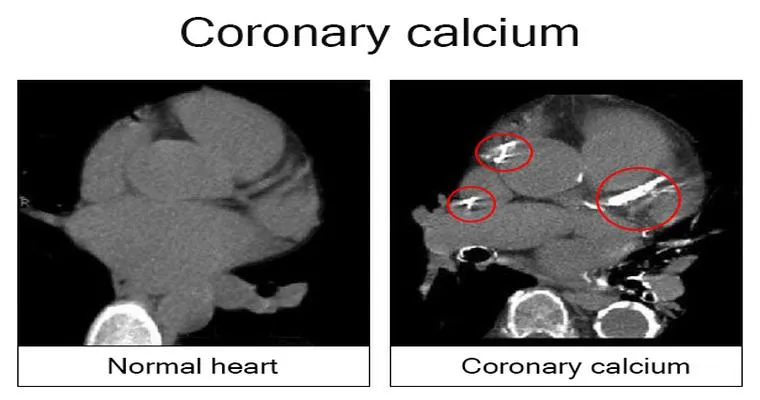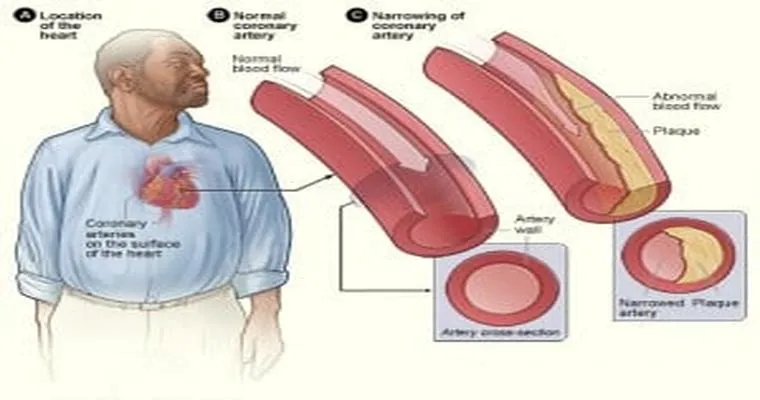When a loved one receives a diagnosis that includes "palliative care", it can be an overwhelming and emotional experience. Understanding the significance of the term "palliative" is essential for both the patient and their family. Palliative care focuses on improving the "quality of life" for patients facing serious illnesses, addressing not only the physical symptoms but also the emotional, social, and spiritual aspects of care.
What is Palliative Care?
Palliative care is often misunderstood as care solely for the dying. However, it is important to recognize that it can be provided at any stage of a serious illness and can be given alongside curative treatment. The primary goal of palliative care is to relieve suffering and enhance "comfort" for patients and their families. This specialized medical care is typically provided by a team of healthcare professionals who work together to create a comprehensive care plan tailored to the patient's needs.
The Significance of Palliative Care
1. "Focus on Quality of Life": One of the most significant aspects of palliative care is its emphasis on "quality of life" rather than solely on prolonging life. This approach helps patients manage symptoms such as pain, nausea, and fatigue, allowing them to engage more fully in daily activities and maintain a sense of normalcy.
2. "Holistic Support": Palliative care addresses the whole person, not just the illness. This includes emotional support for both the patient and their family members, counseling for dealing with the challenges of serious illness, and assistance in navigating complex healthcare decisions.
3. "Coordination of Care": When a doctor lists care as palliative, it often means that there will be better coordination among various healthcare providers. This team-based approach ensures that all aspects of the patient's care are aligned, reducing the risk of conflicting treatments and enhancing overall effectiveness.
4. "Family Involvement": Palliative care recognizes the important role of family in the patient’s care. Family members are often included in discussions and decision-making processes, providing them with necessary support and resources to cope with their loved one’s condition.
5. "Advance Care Planning": Palliative care often includes discussions about advance care planning, allowing patients to express their wishes regarding future medical treatments. This proactive approach can lead to more personalized care that aligns with the patient’s values and preferences.
When to Consider Palliative Care
If your husband’s doctor has listed his care as palliative, it may indicate that he is facing a serious illness where the focus has shifted towards managing symptoms and enhancing comfort rather than pursuing aggressive treatments. It is essential to have open conversations with the healthcare team about what this means for your husband’s health journey.
Conclusion
Receiving a palliative care designation can be a daunting experience for both patients and their families. However, understanding the "significance" of this approach can provide reassurance that the primary goal is to enhance the quality of life during challenging times. Engaging with the healthcare team and asking questions can help you and your husband navigate this path with clarity and support. Remember, palliative care is not an end; it is a compassionate approach to living well, even in the face of serious illness.





